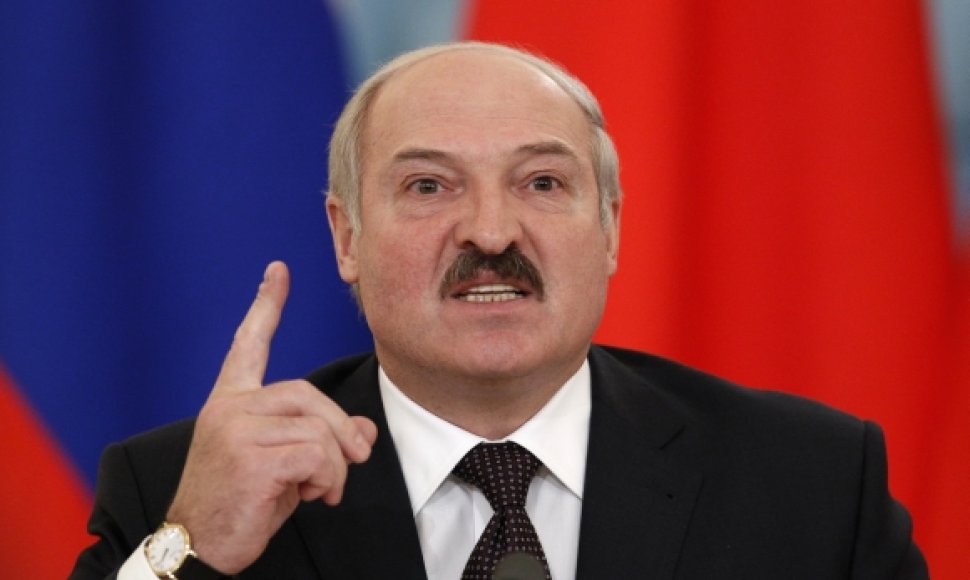"Instead of pushing it towards our values, inviting it to join democracy, we might have instead pushed it in the opposite direction," she said at a discussion at the Institute of International Relations and Political Sciences of Vilnius University on Monday.
Neliupšienė, who is also a professor at the institute, also said that existing EU sanctions against Belarus, including a ban for certain individuals to enter the Schengen area and freezing their bank accounts, could hardly be called real sanctions.
Neliupšienė also underlined that relations were determined by actions of both sides, and she also compared relations between countries to dancing. "In fact we are talking about relations between two parties. We can use the well-worn comparison that it takes two to tango. But in this case, many things also depend on Belarus, including what relations we have, what principles we represent and how hard we defend them. If one turns one's back on you and does not invite you to dance, so it’s probably hard to think about pragmatic relations," the president's adviser said.
Neliupšienė stressed that a country could not set a goal of changing another country's governmental structure.
"Nongovernmental organizations have one goal, and that goal is fairly clearly expressed. They want to change the regime. On the other hand, state institutions, the diplomatic service cannot have such a goal as it would constitute interference into another state's internal affairs. And we just want to protect our interests, to protect rights of our citizens, protect rights of our business when business is done in the neighboring country," she said.
The EU has recently decided to extend sanctions against Belarus in response to repressions against the opposition and human rights violations.
EU foreign affairs ministers decided in March to introduce sanctions against 29 Belorussian companies controlled by businessmen closely linked to Belorussian President Alexander Lukashenko's regime, and also blacklisted 12 people.
After Lithuanian business representatives warned that economic sanctions against Belarus might harm Lithuanian business, diplomats said such concerns were unfounded as "there are no wide-scale economic sanctions" against Belarus, and sanctions were only applied to oligarchs and not state companies.
2012 05 14
Lithuanian President's adviser: Sanctions have not pushed Belarus closer to democracy
Jovita Neliupšienė, Lithuanian President Dalia Grybauskaitė's adviser on foreign affairs, has said sanctions against Belarus have not pushed the country towards democracy.
Report mistake
Successfully sent
Thank you












